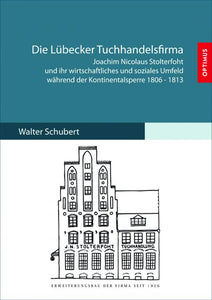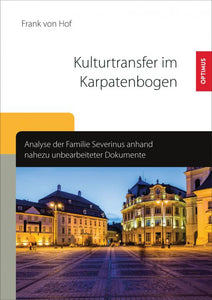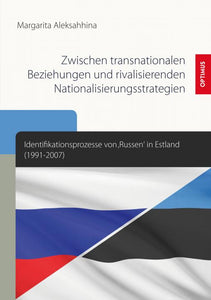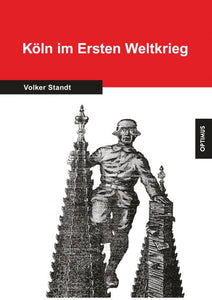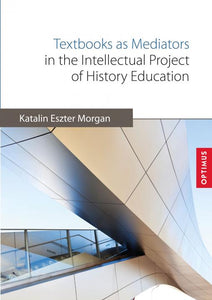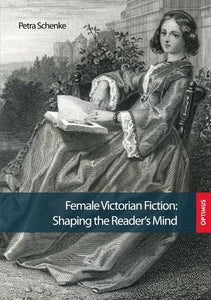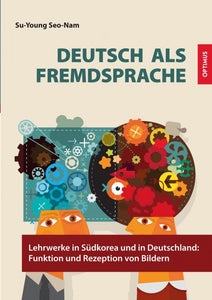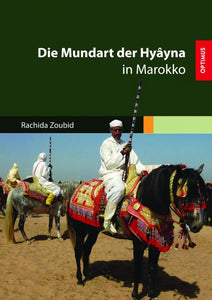
humanities and cultural studies
The Department of Humanities and Cultural Studies combines English and American studies, philosophy, history, media studies, art studies, cultural studies, German studies and literature studies. In these areas, too, digitalization is increasingly changing the way we work. Digital publishing and image databases are already established elements. The Internet plays an essential role in the way knowledge is created, represented and communicated. You will find a wide range of questions, exciting topics and numerous publications with scientific relevance in this category. If you also want to publish your work, dissertation, bachelor thesis, master thesis or textbook in the field of humanities and cultural studies, then contact us.
The period of Napoleon's continental blockade from 1806 to 1813 is presented in the literature, especially in older publications, as a period of total decline for the Hanseatic merchant class. On the basis of the data of three companies handed down in the archives of Lübeck and Hamburg and other documents from that time, the author shows that the continental blockade triggered a general trade crisis, but that it was still possible with a company policy adapted to the situation...
€29,90
The fate of an individual is often not given enough attention in the historical context, often due to a lack of sources. How did Transylvanian Saxons who had decided to become teachers and pastors perceive their personal development? What impression did the happy and sad events of both their own lives and of world history make on them? A family book that was found in October 2005 in almost unedited condition provides answers to these questions in biographies from the...
€69,95
May 2014 - Political crisis and armed conflict in Ukraine. While the rebels in eastern Ukraine are portrayed in the European media as "pro-Russian" separatists, they simply describe themselves as Russians. Russia urges Ukraine to dialogue with all "Ukrainians". NATO wants to arm and sends protection troops to the Baltic States. What collective identity is being fought for? When the multinational empire - the Soviet Union - collapsed in the course of the democracy movement in 1991, the identification processes...
€49,90
"There is no end to the making of many books!" This quote from Ecclesiastes 12 could be used to comment on the appearance of new literature on Cologne during World War II. However, it does not apply to the time of the First World War. A detailed description of this part of Cologne's history has so far been missing - although a book about Düsseldorf during the First World War was already available in 1927. This study aims to fill...
€59,90
How can a tool for analyzing history textbooks be developed from sociocultural theory? How can such a tool be applied to a sample of ten grade 11 South African history textbook chapters, which deal with the history of race and racism in the late nineteenth and early twentieth centuries? This volume explores the theoretical development and practical application of a five-dimensional model for history textbook analysis. It draws on interdisciplinary concepts such as higher order mental functions, empathy, author positioning,...
€49,90
From the original 19th-century philosophical, scientific and literary texts, we have seen how the first professional female novelists under Queen Victoria's tutelage have succeeded in shaping readers' minds. This research focuses on Victorian prose that has either won the esteem of its contemporary audience and/or has been popularized by 20th- and 21st-century critics. Conservative efforts to educate young Victorian minds through 'quality literature' according to high standards of morality were hampered in the second half of the 19th century by...
€39,95
Our modern world is dominated by a flood of images. It is therefore of great interest to investigate how images can also be used efficiently in language textbooks in such a way that learning success is optimized. Surprisingly, there is still little literature on the use of images in language textbooks and especially on their intercultural aspects. The sentence from Sturm (1994) still applies: intercultural understanding of images is one of the big "blank spots" in image research. This book...
€49,90
The present study provides a historical overview of the Hyâyna, Arab nomads from the Banu Hilal group, as well as information on the geography, administrative divisions and the agricultural and social sectors of the Hyâyna region. As the first detailed presentation, it deals in detail with this ethnic group and its language. It also provides valuable insights into the problem of Arabization of significant parts of Morocco between the 11th and 14th centuries. In the present case, it is not...
€49,90

